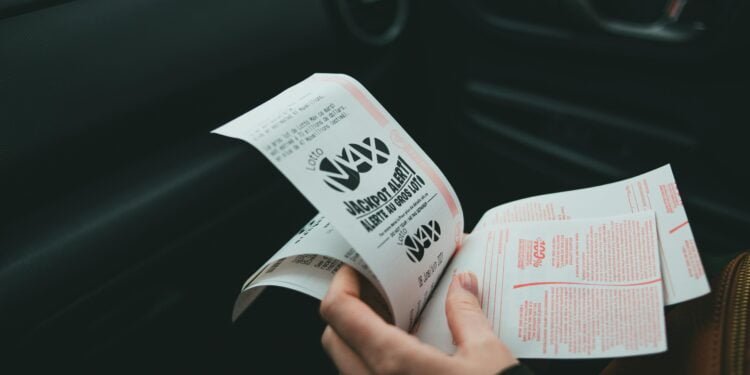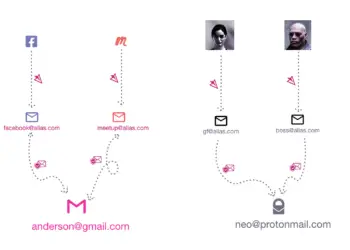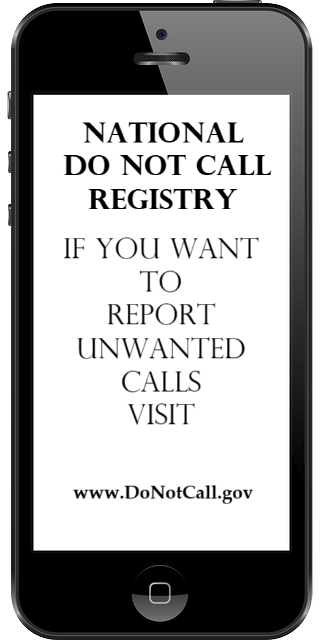Beware of Lottery & Sweepstakes Scams: Essential Tips for Older Adults
Lotteries and sweepstakes hold a certain allure with their promises of big prizes and life-changing sums of money. However, scammers often exploit this excitement to access your data and finances. The digital age has made reaching countless potential victims easier for these fraudsters, but being informed and vigilant can protect you from falling prey to these scams.
Understanding Lottery & Sweepstakes Scams
Lotteries and sweepstakes differ mainly in who runs them and whether an entry fee is required. Lotteries are usually organized by government or charitable organizations and typically require a purchase, like a ticket. Sweepstakes, on the other hand, are promotional contests run by businesses, often with no purchase necessary. Both involve a lot of luck, as winners are chosen randomly in legitimate contests.
Scammers, however, deceive you into believing you’ve won a prize in a bogus contest. They usually ask for money, personal information, or other valuables under the guise of claiming your prize. Sharing your data with these fraudsters can lead to significant financial and emotional distress.
Top 5 Warning Signs of a Lottery Scam
- Unsolicited Winning Notifications
- You receive a notification about winning a lottery or sweepstakes you never entered.
- Legitimate lotteries and sweepstakes require you to participate or actively purchase a ticket. Remember, if you don’t buy a ticket or enter a contest, you can’t win.
- Demand for Upfront Payment
- Scammers request a fee to release your winnings, often labeling it as a tax, customs fee, or service cost.
- Genuine sweepstakes and lotteries do not require payment to claim a prize. Taxes on winnings are usually deducted from the award itself.
- Generic or Suspicious Communication
- Messages addressed to “Sir” or “Madam” instead of your name are a red flag.
- Authentic notifications will use your correct name and details, as legitimate contests already have your information.
- Unsolicited Checks
- Receiving an extensive check out of the blue is suspicious, especially if the sender asks you to forward a portion of the money.
- Banks often clear these fake checks initially, but you’ll be liable once they bounce, potentially losing both the check amount and the forwarded money.
- Urgent Demands
- Scammers pressure you to act quickly, not giving you time to verify their claims.
- Real contests will provide ample time to claim prizes and will not rush you into giving personal information or money.
Common Tactics Scammers Use
- Email Phishing
- Scammers send unsolicited emails impersonating government agencies or companies, asking for money or personal data through insecure methods.
- Direct Mailings
- Physical letters with forged logos and signatures might demand money or private information, often sent via bulk mail rather than first-class.
- Social Media Messages
- Direct messages from scammers on platforms like Facebook, Instagram, or TikTok claim you’ve won a prize, leading to requests for money or personal information.
- Fake Profiles
- Scammers create fake social media profiles or hack legitimate ones to mimic real contests, using these profiles to contact you.
- Phone Calls
- You might receive calls from fraudsters demanding immediate payment through wire transfers, gift cards, or cryptocurrency, insisting on quick action.
- SMS or WhatsApp Messages
- Text messages or WhatsApp notifications about winning a lottery often lead to phishing websites that steal your information.
- Website Pop-Up Ads
- Pop-up ads claiming you’ve won a prize may redirect you to phishing sites asking for money, purchases, or personal data.
How to Protect Yourself
- Verify Before You Trust: Always verify the legitimacy of a lottery or sweepstakes before providing any information or money. Use trusted resources to check the organization’s validity.
- Research the Offer: Look up the contest details and see if there are any complaints or scam alerts associated with it.
- Be Skeptical of Unsolicited Offers: If it sounds too good to be true, it probably is. Be cautious of unsolicited messages about winnings.
- Consult Trusted Sources: If you’re unsure about a contest’s legitimacy, contact consumer protection agencies or legal advisors.
- Educate Yourself: Stay informed about the latest scam tactics by visiting resources.
Have You Been Scammed?
If you believe you’ve fallen victim to a lottery or sweepstakes scam, take immediate action:
- Report the Scam: Contact local law enforcement and consumer protection agencies.
- Document Everything: Keep records of all communications and transactions.
- Alert Financial Institutions: Inform your bank and credit card companies to protect your accounts.
By recognizing the warning signs and knowing the tactics used by scammers, you can safeguard your identity and finances from lottery and sweepstakes fraud. Stay vigilant and educate yourself and others about these deceptive practices to create a safer, scam-free community.
We at SecureCyberNetwork are dedicated to providing you with the latest updates, tips, and expert advice to keep you safe in the digital world.
Your commitment to staying informed is about your safety, the safety of your loved ones, and the safety of our community.
Your involvement is powerful.








